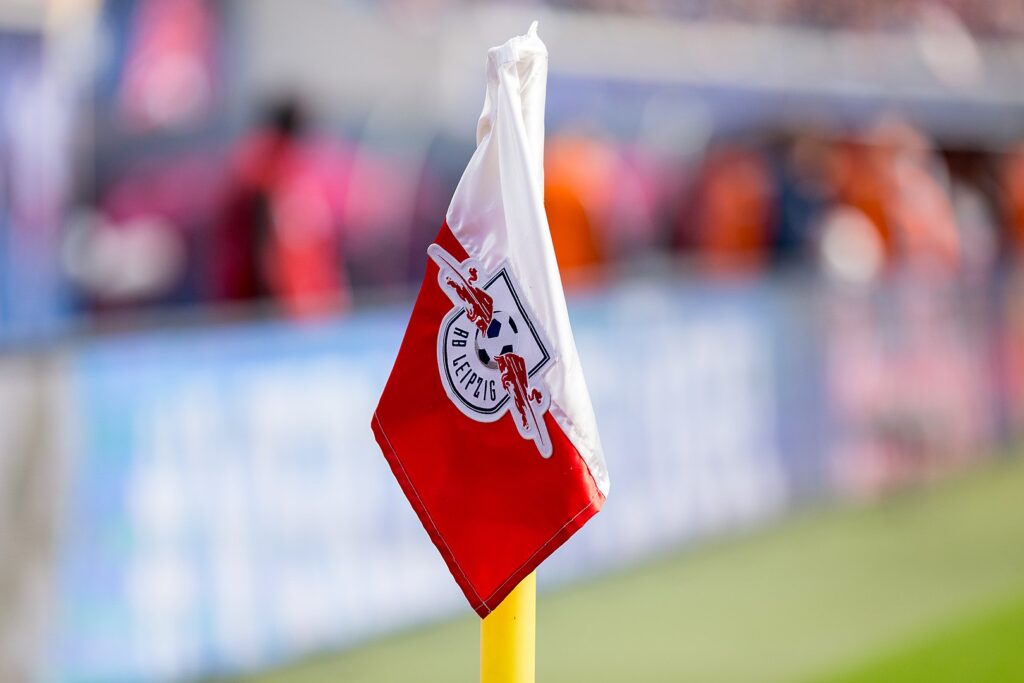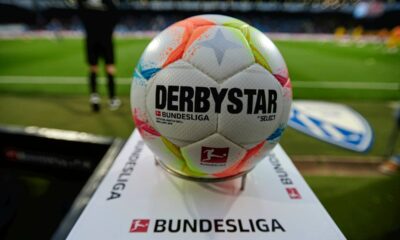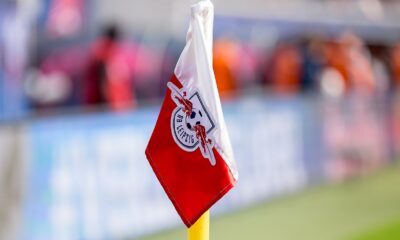Bundesliga
RB Leipzig: Germany’s most hated club, yet a great investment
Today, RB Leipzig is already a Bundesliga stalwart. However, it is still a new club with many opponents in Germany. Not only the fans of other teams, but also the German clubs themselves. But should Red Bull be sorry about the soundness of its investment? No.

Today, RB Leipzig is already a Bundesliga stalwart. However, it is still a new club with many opponents in Germany. Not only the fans of other teams, but also the German clubs themselves. But should Red Bull be sorry about the soundness of the investment? No.
Two years ago, I went to sit in my seat in the Red Bull Arena in Leipzig and wore a Lokomotiv Leipzig cap. Sorry, I’m a village boy. So I almost got thrown out.
The arena was hopelessly sold out. Although 42,959 spectators saw RB Leipzig lose to Livepool in a friendly (0:5), everyone clapped enthusiastically. Even me, and in the meantime I bought a RB Leipzig baseball cap and hid it with the inscription “Lokomotiva Leipzig” in my backpack.
And those were the days when two Saxon clubs from the same city (Lokomotiva and RB) played in the same stadium! RasenBallsport Leipzig was founded on 19 May 2009 as the fourth football club subsidised by Red Bull GmbH after the Austrian FC Red Bull Salzburg, the American New York Red Bulls and the Brazilian Red Bull Brasil.
However, the German Football Association (DFB) did not allow the company’s name in the club’s name, and so the name RasenBallsport Leipzig was created. However, the company logo was retained in the club emblem. The club colours are white and red.
RB Leipzig pays off as an investment
Red Bull simply treats sport as an investment. And the Leipzig one is paying off! RB Leipzig’s first four years in the First Bundesliga ended no worse than sixth. And in the 2018/19 season, it was the beaten finalist in the domestic cup. And how did it all start? In the 2009/10 Premier League season, the club entered the Oberliga, specifically its North-South section, the fifth highest competition in Germany, which the new Leipzig club was licensed to play in after the merger with Markranstadt.
Markanstadt became independent from Leipzig right after the end of the inaugural season, in which the “bulls” managed to dominate their Oberliga group. RB Leipzig scored eighty of the maximum ninety points and had a twenty-two point lead on their nearest pursuers.
During the first year of its existence, RB Leipzig shared the league competition with Lokomotiv Leipzig, today probably its arch enemy. In the following three seasons, the club then played in the Lower Saxony Regional League, the fourth highest competition, and in the 2012/13 season met Lokomotiv again in the same competition.
RB Leipzig secured promotion to the second Bundesliga over the next two years, while Lokomotiv Leipzig found itself in serious economic difficulties and had to be helped by financial donations from its fans.
RB Leipzig not only did not help Lokomotiv, but even more, they wanted to be the dominant and only Bundesliga team in Leipzig. The reason? RB conceived of football as an investment.
And there’s probably not an investor on earth who doesn’t know the Red Bull product. It’s an energy drink whose development dates back to 1984-1987. This drink originally from Thailand is now a huge corporate giant and also a great marketing ploy known and sold in more than 160 countries. Apart from the world of motorsports, aerobatics and Formula 1, this company is also involved in football.
The first big names
The 2013/2014 and 2014/2015 seasons have already slowly but surely started to offer the first bigger football names. Joshua Kimmich (a product of the RB academy created in the meantime), Emil Forsberg, Rani Khedira and Lukas Klostermann appeared in the team. All of the aforementioned have made it to the highest levels of professional football, Rani Khedira currently plays for Union Berlin and is the younger brother of Sami Khedira, who every football fan will remember from Real Madrid.
Emil Forsberg, a legend of the club who will leave the club in January for New York, is a separate chapter. For Leipzig he played 325 games, 197 of them in the Bundesliga (40 goals), 46 in the Bundesliga (8 goals), forty-one in the Champions League (11 goals) and scored 9 goals in 24 matches in the German Cup.
Forsberg and Poulsen formed an iconic duo for many years and it is no big surprise that with such names in the second Bundesliga, the “bulls” celebrated success and in 2016 were promoted to the top German competition.
With the influx of money and good work in the Red Bull academy, Leipzig started to engage not only good players but also coaches. Ralph Hasenhüttl was replaced by the experienced Ralf Rangnick, who had worked at many German clubs (Stuttgart, Hannover 96, Schalke 04 and Hoffenheim). Rangnick’s name must be mentioned because he not only laid the foundations for today’s Leipzig, but above all inspired coaches such as Thomas Tuchel, Jürgen Klopp and Julian Nagelsmann.
Among other things, Rangnick managed to drag Hoffenheim from the third league to the first Bundesliga, where the team is still today.
Rapid stabilization among the elite and the first major trophies
One year into RB Leipzig’s tenure in the top flight (2016/17), the team finished in second place. But it didn’t end there. The Bulls have already settled at the top for good, they are still waiting for the league title, but since the breakthrough season of 2016/17 they have not finished worse than sixth until now.
The Saxon club’s record? Season 2016/17 – 2nd place, season 2017/18 – 6th place, season 2018/19 – 3rd place,
2019/20 season – 3rd place, 2020/21 season – 2nd place, 2021/22 season – 4th place, 2022/23 season – 3rd place.
On top of all this, RB Leipzig also won the German Cup in the 2021/22 and then 2022/23 seasons.
RB Leipzig as the most hated club in Germany
RB Leipzig has been the most hated club in Germany since its inception, and someone is still making it known. For example, during a match against Dynamo Dresden, one of the traditional clubs founded in 1950 (also Saxon, by the way), the severed head of a bull landed on the pitch.
RB Leipzig has from the beginning faced antipathy from the supporters of the rival clubs, sometimes even expressed violently. After their debut match against Hallescher FC, opponents threw stones at the club bus. However, non-violent displays of dissent in the stadium have become more common.
The supporters of Hansa Rostock boycotted the first ten minutes of the match, while the Union Berlin supporters wore black and did not cheer for the opening fifteen minutes. Some fan groups do not make trips to Leipzig, and anti-Leipzig banners can often be seen. Expressions of hatred against RB take many forms.
Even an opponent of club subsidies and exorbitant prices has to admit that Red Bull also invests considerable sums in youth, and this produces absolutely brilliant footballers. Not only in Leipzig, but also in Salzburg, for example.
This year I saw RB Leipzig with my own eyes before the start of the highest German competition 2023/24 in Munich, where they were to come to lose the final of the German Super Cup. But Leipzig beat the local Bayern. After sixteen rounds of the Bundesliga, RB Leipzig are now fourth and the famous Real Madrid await the Saxon club in the Champions League eighth round. Isn’t that a good investment?
Source: RB Leipzig, Bundesliga, UEFA, Bild, Kicker








